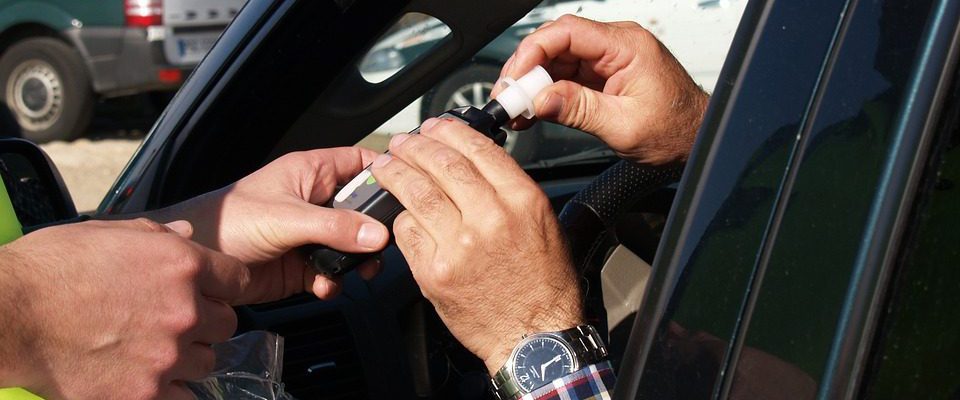
What Happens if You Refuse a Blood Alcohol Concentration Test in Pennsylvania
Depending on how old you are, you may or may not remember having applied for your driver’s license. But whether you took the test recently or have only been renewing it over the last several years, in applying for and accepting your license, you agreed to Pennsylvania’s implied consent law which makes it illegal to refuse to submit to any kind of blood alcohol concentration test, whether it is a breath or urine test, when asked to by an officer of the law. It doesn’t matter when you are asked to take this test – whether before or after you are arrested — or whether the test is a Field Sobriety Test, a Portable Breath Test, or evaluation by a Drug Recognition Expert in a medical facility, your refusal makes you vulnerable to a host of penalties that will have a serious impact on your ability to drive, and potentially to your ability to walk free.
Though you may think yourself clever by refusing to comply with a request to take a blood alcohol concentration test, what you are actually doing is ensuring that the police have grounds on which to arrest you. When the police have reason — or probable cause — to suspect that you are operating a vehicle while under the influence, they typically start by administering a field sobriety test. If you say no to this test you are likely to be placed under arrest and then taken to either a police station for a breathalyzer test or to a hospital for a blood test to determine your blood alcohol concentration. In both cases, the results will become evidence. The process is different for each of these options, with the blood test involving blood being drawn from your arm by a medical professional, and the breathalyzer involving blowing twice into a device after a 20-minute observation period. In both cases, the alcohol concentration will be measured.
Many people who are arrested for DUI think that if they refuse to submit to a blood alcohol concentration test, they deny the police the evidence that would support their case. Though that may be true, the police will still be able to rely upon what they have observed of your driving and your appearance, so there is still the potential for being convicted of DUI. Importantly, even if they fail in that effort, they will definitely be able to charge you with refusal to take the blood alcohol concentration test.
If you have been charged with Driving Under the Influence, the most important thing you can do to impact whether you are convicted and what your penalty will be is to hire an experienced DUI attorney. Contact us today to learn more about how we can help.
